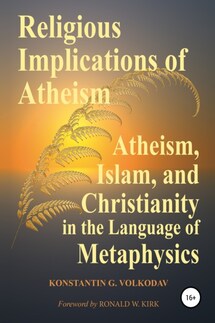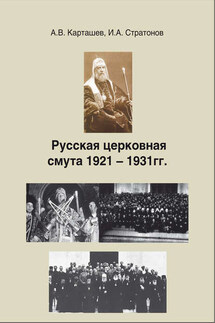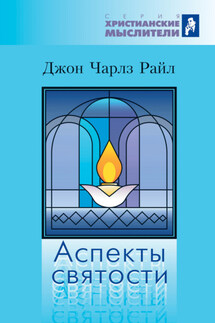Religious Implications of Atheism - страница 22
Also we should take into consideration the fact that, for various reasons, other ideas, parasitic and even opposing, can mix with the main idea and co-exist in parallel with it. For example, the purpose of art is art itself. If an artist starts thinking about commerce, then he loses inspiration and sense of beauty [36]. Likewise, in Christianity, some of the fundamental ideas are non-possessiveness and humility: “You cannot serve God and wealth,” “You received without payment; give without payment,” “Whoever wishes to be great among you must be your servant, and whoever wishes to be first among you must be your slave” (Matt. 6:24; 10:8; 20:26–27), etc. But historical Christianity provides many examples of Christians doing exactly the opposite.
What’s going on? Why Christians are often live quite differently from how the Holy Scripture teaches them? By the way, the same thing can be said about the followers of other religions. This question is sometimes asked by atheists, but most of all it worries the believers themselves.
Metropolitan Anthony of Sourozh tells on this subject a very remarkable case. Once, he spent three days of talks on the spiritual life for a group of students who were to be ordained in the Anglican Church. At the final meeting, one of the students on behalf of the others, in front of all the teachers, asked, “How can we find again the faith that led us to the theological school, and which the theological school destroyed?” That is the situation. That’s the edge of the sword! And this is a key question for the future of modern Christianity!
Both Darwin and Stalin were going to become priests, but the church educational institution destroyed their faith, and they became militant atheists. There are so many such examples that it is impossible to attribute all this to special cases and exceptions. In the late nineteenth and early twentieth centuries, theology flourished in Russia: many achievements of church science remain unsurpassed to this day. However, four Theological Academies and hundreds of Seminaries ruined the faith in many of their graduates. The atheist revolution of 1917 would not have been possible without the active support without the active support of graduates of religious educational institutions.
In the Bible, some regions, countries, and nations are sometimes described as being one person. Using the same metaphor, one can ask the cardinal question of an Anglican student already on the scale of the entire Christian civilization: “How can Christians revive that faith for a better understanding of which Christians have been creating theology and establishing theological institutions for one and a half thousand years? Why did these theological institutions destroy faith and lead many people to atheism?” Where was the mine of the delayed action hidden? Is this the reason that Greek theologians tried to present Revelation in the language of ancient philosophy? Or is the reason in Western scholasticism, which also used the logic of Aristotle?
Indeed, countries with “young” Christianity, such as Ghana or Samoa, are distinguished by their sincerity and liveliness of faith. There is no crisis of faith and, moreover, no atheism there at all. At the same time in Europe, with its two thousand-years-old Christian history, atheism dominates.






